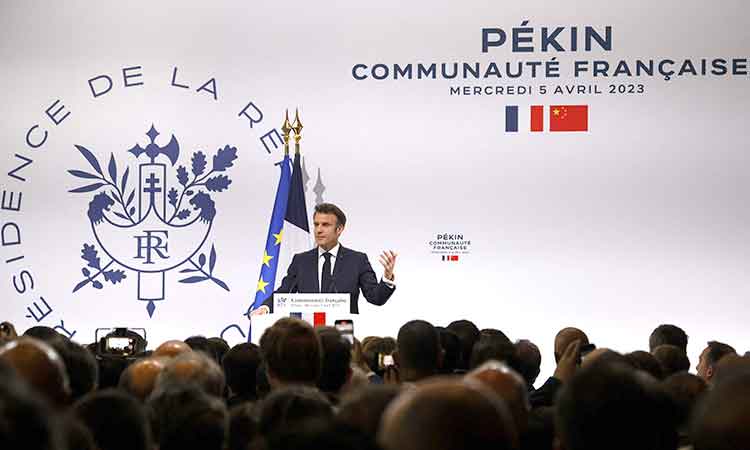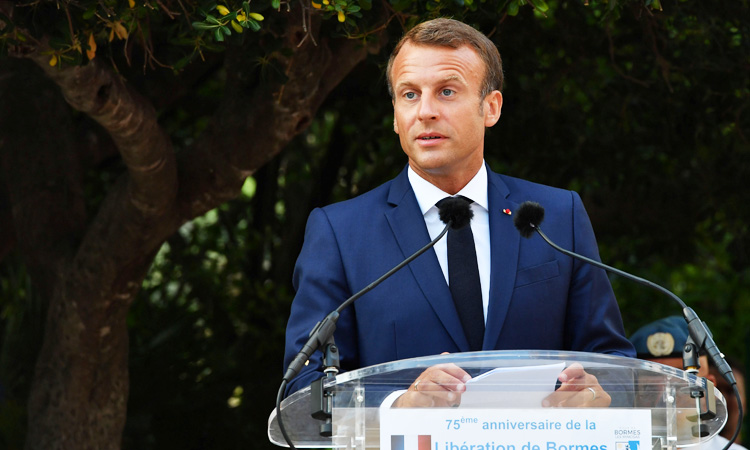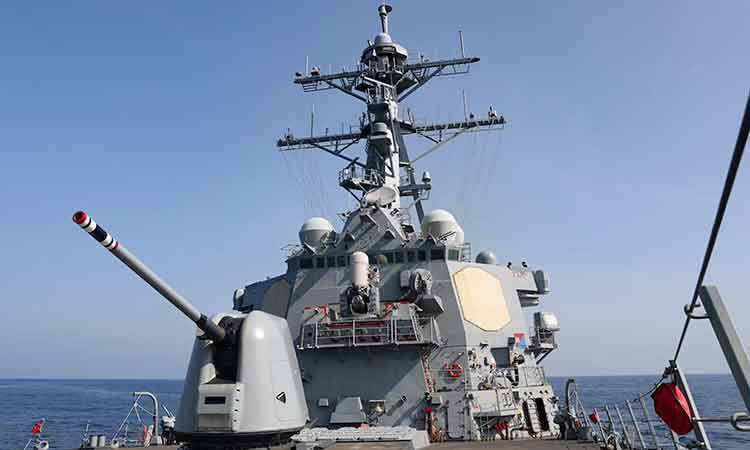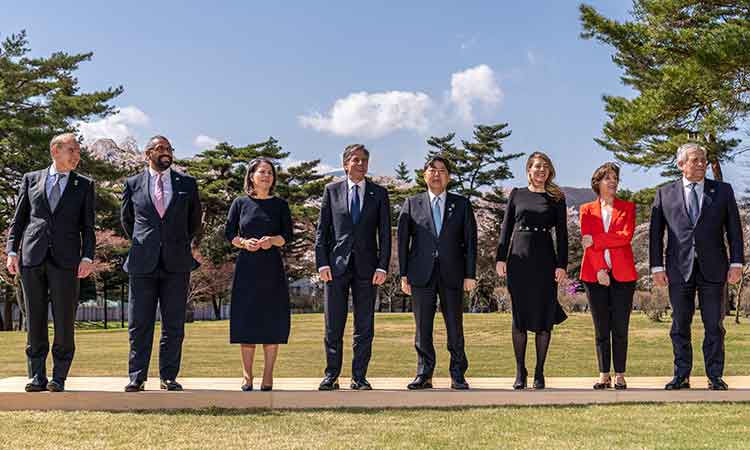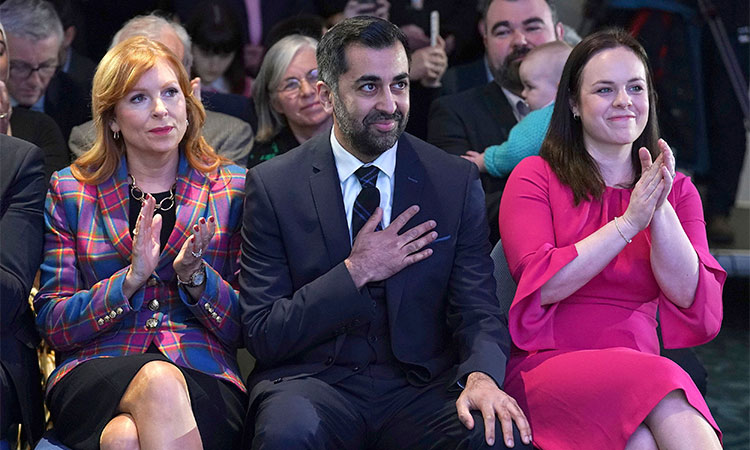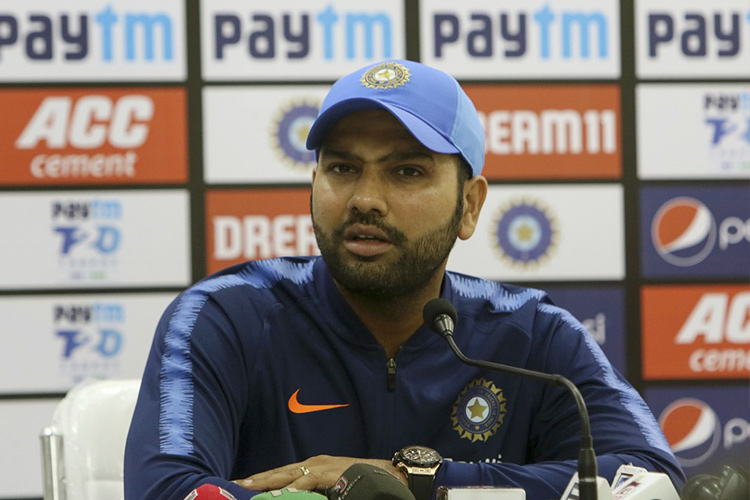Germany sings a different China tune
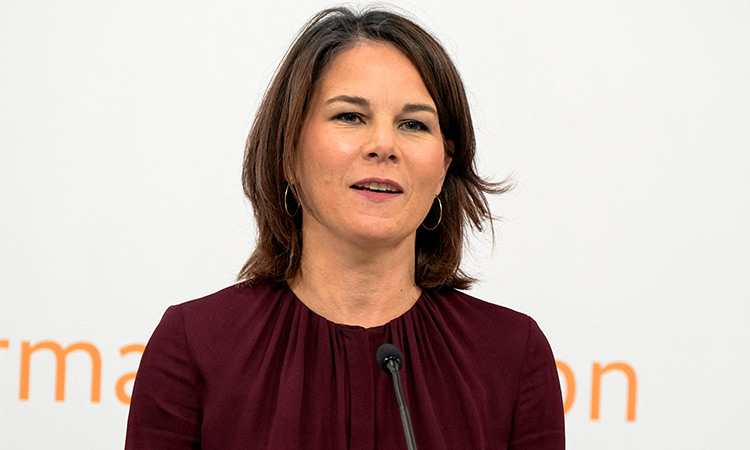
Annalena Baerbock
She rationalised it a bit by emphasising the importance of Taiwan straits through which pass 50 per cent of trade. She said, “A military escalation in Taiwan Strait – through which…50 per cent of world trade goes every day, would be a horror scenario for the entire world,” and added there would be repercussions in Europe. Baerbock’s position differs from German Chancellor Olaf Scholz’s position as well. Scholz is not for confrontation with China or with Russia over Ukraine. But it seems the relatively younger European Union (EU) politicians have a tougher stance in relation to Russia and China.
Baerbock was aggressive in her insistence that China should exert its influence over Russia in ending Moscow’s war in Ukraine. She said, “President Xi’s visit to Moscow has demonstrated that no other country has a bigger influence on Russia than China.” And she goes on to say combining petulance and aggression, “But I have to say clearly that I wonder why China so far has not asked the aggressor Russia to stop the war.” It is the brusque language also used by European Commission President Ursula von der Leyen and EU foreign policy chief Joseph Borrell.
There is a division not just between Germany and France, but also between France’s Macron, Germany’s Scholz on the one hand and the EU politicians like Ursula von der Leyen and Joseph Borrell. Macron and Scholz as leaders of their respective countries realise that the situation in Europe arising out of Russia’s war in Ukraine is much more complicated, and it is not enough to take a hostile view of Russia in the name of democratic principle. The EU view of Russia is more ideological than political and pragmatic. And EU’s stance towards China too suffers from the same handicap – ideology. The European and American leaders want to present the fight against Russia and China as one between democracy and authoritarianism. US President Joe Biden has adopted the same stance. But on the ground, there is little that the Americans and Europeans are able to do to help Ukraine win the war against Russia. The Europeans are not even sure whether they want to admit Ukraine as a member of NATO the way they did with Finland. And they are also aware that they do not have the military wherewithal to join Ukraine’s war against Russia because the whole of Europe would be involved in a war in which it has no interest.
So the aggressive stance of young politicians like Barebock, von der Leyen and Borrell is very unhelpful in dealing with the Ukraine-Russia crisis. And for European politicians to believe that they can bully China to help end the war in Ukraine is not just unrealistic, but it shows lack of diplomatic flair. And this could be a dangerous trait when the situation is explosive. The war between Ukraine and Russia is in a state of stalemate, where neither side can claim victory. Russian President Vladimir Putin had failed in his war goals because he has not been able to take Kyiv and replace the government of Ukrainian President Volodymyr Zelensky. Similarly, President Zelensky’s determination to take back every inch of Ukrainian territory occupied by the Russians, including Crimea, looks unrealistic. And European leaders like Baerbock, von der Leyen and Borrell are not being helpful with their confrontationist rhetoric.
